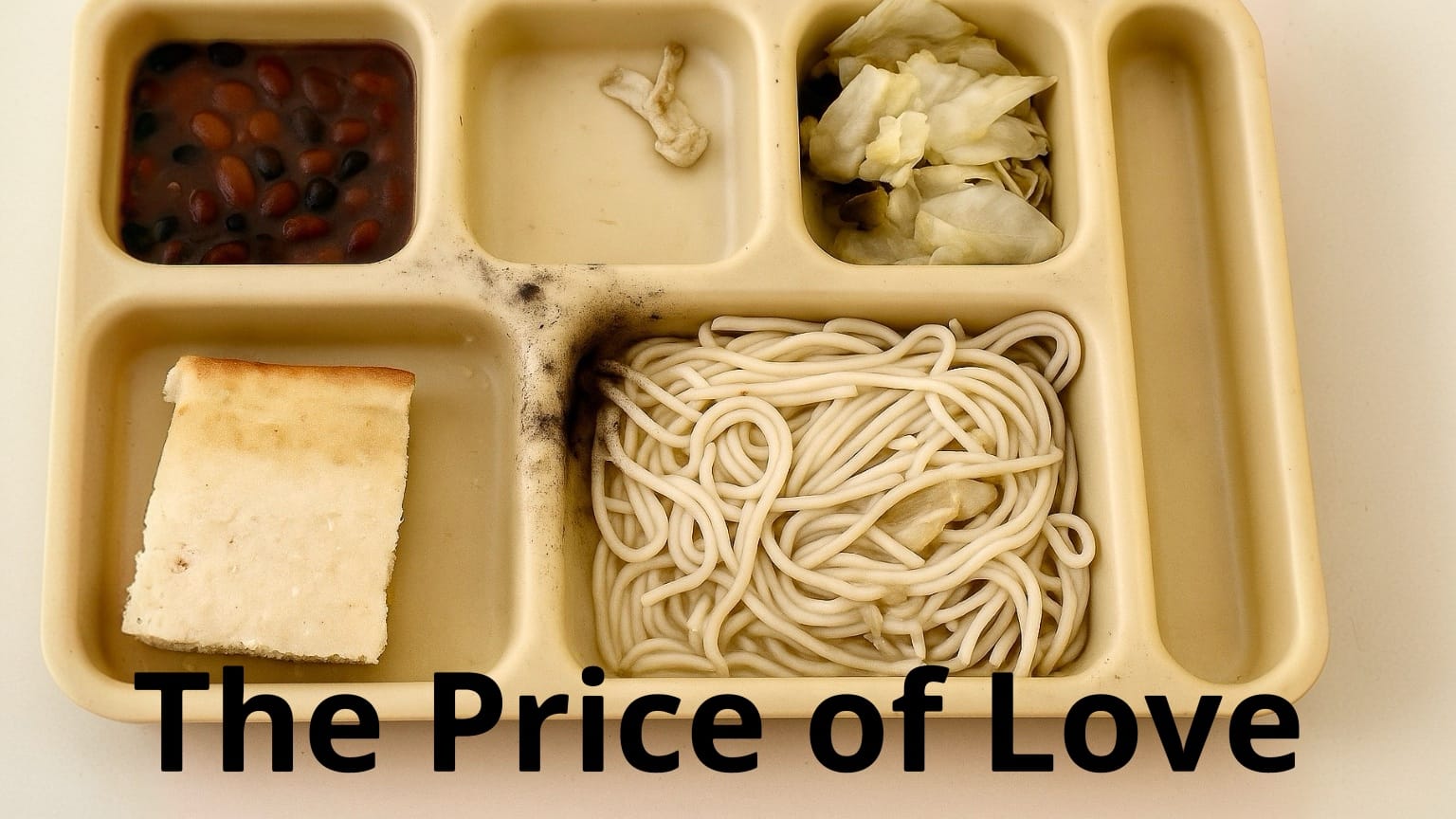The Classification Crisis: How Four Medium Security Prisons are Killing People
Georgia has secretly packed four medium security prisons with close security inmates at rates up to 10 times higher than other facilities—creating a deadly mismatch that’s killing people. GPS obtained data showing Dooly, Wilcox, Calhoun, and Washington State Prisons now house 28-30% close security populations. The result? Homicide rates 4-5 times higher than properly classified prisons, with 33 deaths in 2024 alone—over half under age 50. The DOJ found all four facilities in violation of the Eighth Amendment. GDC’s response? Stop reporting causes of death. On November 7, 58-year-old Darrow Brown was stabbed to death at Dooly after accidentally bumping into a gang member. He was under officer escort during restricted movement. It didn’t matter. When you operate medium security prisons as close security facilities without proper safeguards, violence becomes inevitable. And GDC knows it.


